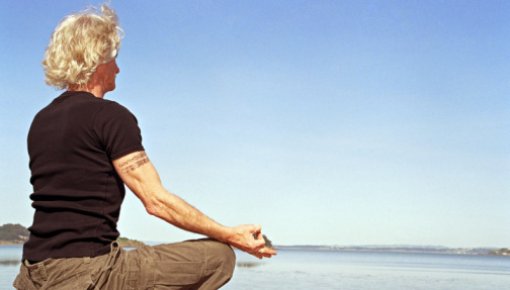Support group
They recommended that I have surgery to allow the fluid in my eye to drain better. But I was scared about the possible side effects and decided against it. I keep close watch over myself and my body, and I would go to a doctor right away if I ever had any symptoms like a severe headache or seeing rings. But that hasn’t happened yet.
After I was diagnosed with glaucoma, I read up about it on the internet a bit, and I saw that there was a glaucoma support group in my town. I got in touch with them and felt very welcome when I joined the group. Talking to other people in the group was – and still is – important for me, and I feel very happy there.

